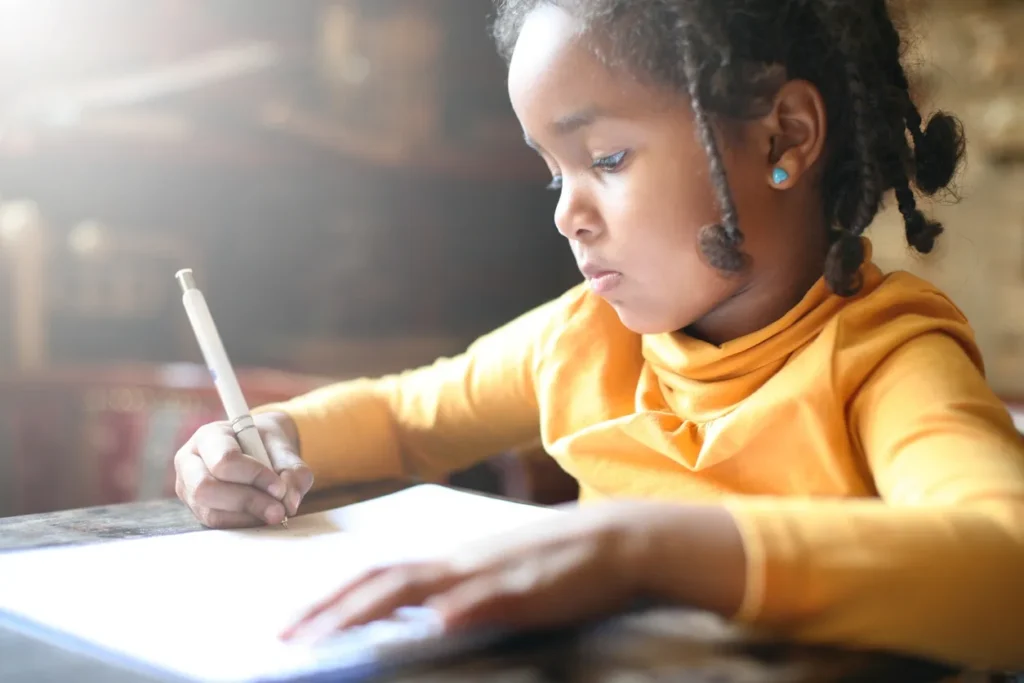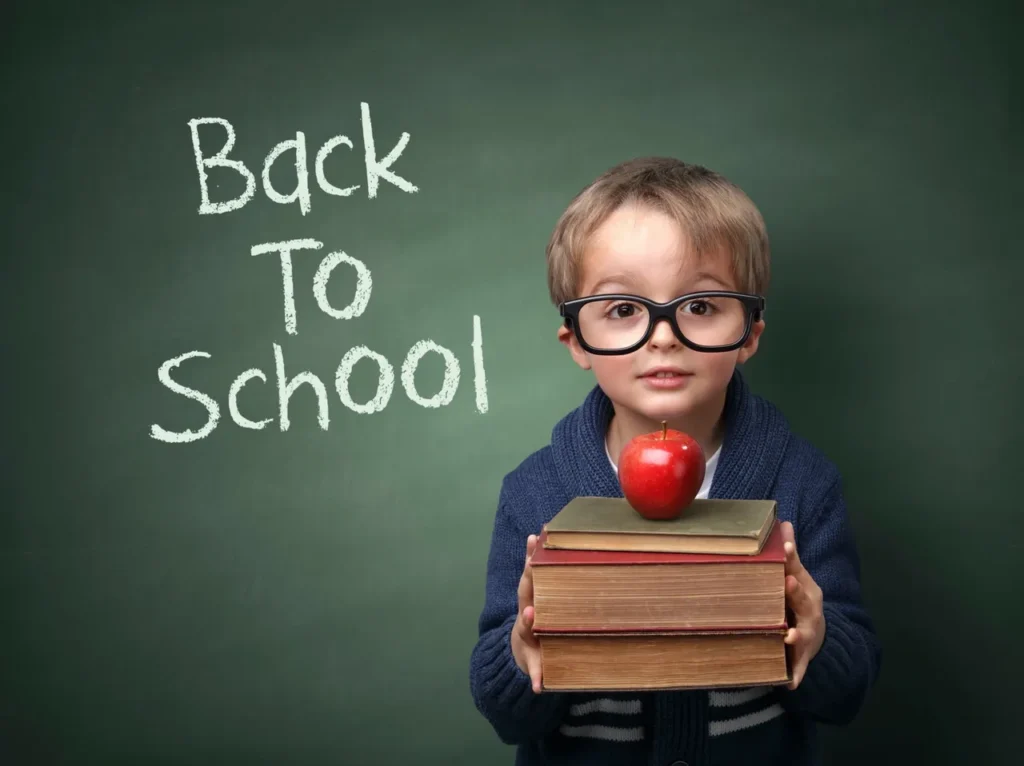Archive for June 2022
Dysgraphia – More Than Just Bad Handwriting
Recently a parent asked the following question: “My child’s handwriting is awful! But I guess they will just be mostly typing for thier school assignments, so does it really matter?” The answer: YES! Even in our age of technology, current research into brain development show that the act of learning handwriting can enhance many of…
Read MoreFostering a “Growth Mindset”
Carol Dweck, a Harvard-educated professor, coined the phrase “growth mindset” in her book Mindset: The New Psychology of Success. In essence, she developed the idea that intelligence is not fixed, but rather can be “developed.” Effort matters more than talent, and students who learned to “grow their brains” fared better in the long-run than students…
Read MoreTransitioning to College with Dyslexia
For students with learning differences, making the transition from high school to college is a team effort that requires proper planning. What can you do to prepare? Help your child develop self-advocacy skills early on. By ninth and tenth grade it is a good idea to have students participate in IEP meetings. They should work…
Read MoreIs My Child Dyslexic?
Is your child an emerging reader? Have you ever worried about your child’s reading development? Have you ever wondered if your child could be dyslexic? Sometimes it can be hard to tell. Learning to read is a gradual process that can be broken down into three stages: 1. Letters and Sounds, 2. Phonics and Decoding,…
Read MoreDyslexia in Teens and Adults
We know that people with dyslexia typically have difficulty with word recognition and reading unfamiliar words. When dyslexic students go through life unidentified and untreated they can miss exposure to critical grade level vocabulary, background knowledge, and comprehension skills. Their ability to spell may also be impaired. This results in lower performance with written expression.…
Read MoreShould I Tell My Child They are Dyslexic?
No matter what age, a child who struggles to read and write can face many challenges to their emotional wellbeing. They feel “dumb” when they can’t keep up with their classmates. They may face teasing from friends when they misspell words in a note or text. Correctly identifying the cause of their learning difficulties is…
Read MoreEducational Evaluations Basics with Heather Arduengo PhD, LP, LS
Many parents feel overwhelmed when it comes to the ins and outs of educational evaluations for their child. That is why the Multisensory Reading Center has partnered with PEARS, PLLC -Psychological, Educational, and Related Services to help shed light on the topic. Learn more about the basics of educational evaluations in this community spotlight. Q:…
Read MoreADHD and Dyslexia
A question we get asked by many parents is the difference and/or simalirities between ADHD and Dyslexia. According to the International Dyslexia Association, about 30% of students with dyselxia have ADHD as well. Due to the fact that many characteristics overlap when it comes to academic skills, it can be challenging to figure out what…
Read MoreEngaging Reluctant Readers During Summer Months
Summer is touted by parents and teachers as a great time to rack up reading minutes, enjoy reading for pleasure rather than an assignment, explore new genres, spend lazy days by the pool or on the beach engrosed a story or series. However, for reluctant or struggling readers, in thier minds, summer can mean a…
Read MoreBack to School Blues
It’s that time of year again! New school clothes, new school supplies, new teachers, and unfortunately for some students – new anxieties. While a student may be happy to see thier friends again, more worrisome is getting to know a new teacher, a new routine, and learning more challenging material when deep down they know…
Read More









